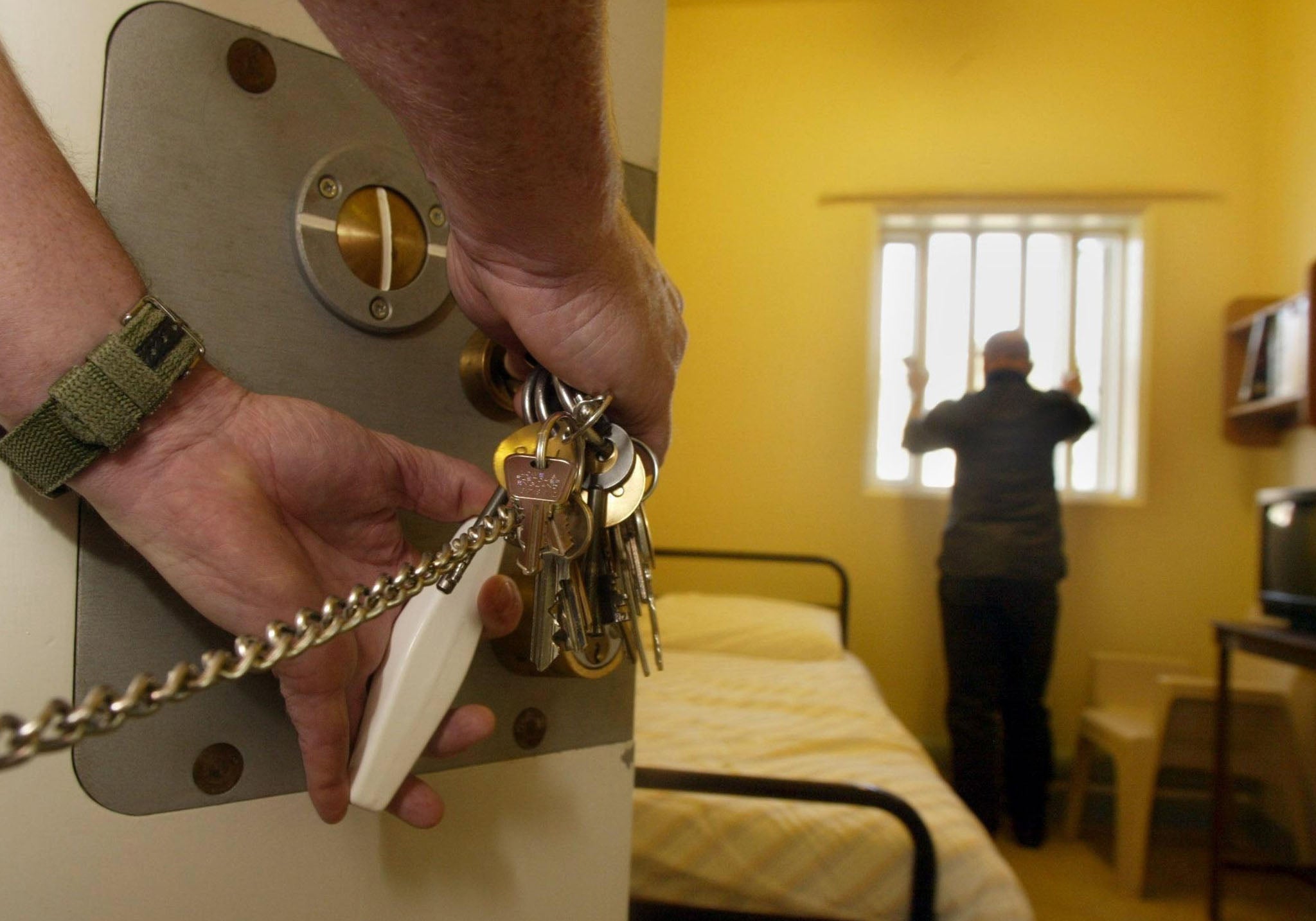UK prisons chief backs conservative Muslim sect who call non-Muslim women 'repulsive'
A leaked government report reveals Muslim prison chaplains, belonging to the Deobandi sect, have regularly distributed Islamist material to inmates

The head of the UK prison service has praised the conservative Islamic Deobandi sect despite its Muslim chaplains reportedly distributing Islamist propaganda to inmates.
A leaked Ministry of Justice report discovered extremist pamphlets and CDs in more than 10 British prisons, according to the Times.
The majority of Imams appointed by the prison service belong to the Deobandi sect, which was formed in the 19th century in opposition to British rule in Southern India.
UK prison chief Michael Spurr defended the sect in a letter to prison governors highlighting Ofsted's view of the Deodandi's most influential seminary, saying it promoted "fundamental British values such as democracy, individual liberty and mutual respect and tolerance for those of different faiths".
The minority of Muslim chaplains from other denominations have reported feeling "marginalised, bullied and intimidated" by the pre-eminence of Deobandi teaching.
Commissioned by Justice Minister Michael Gove, the report has not yet been cleared for publication. It allegedly instigated an internal departmental alert warning of "severe reputational damage."
Leaflets were reportedly found on bookshelves in prison chaplaincy rooms that encouraged the murder of apostates, homophobic views and even described Jewish, Christian and other non-Muslim women as "repulsive".
Inmates at more than one prison were reportedly encouraged by chaplains to donate money to charities linked to terrorist groups.
Muslim prison chaplains were found by the report to be ill-informed and under-equipped to counter extremism, "sometimes because they lacked the capability but often because they didn't have the will".
The Ministry of Justice has declined to comment.
Join our commenting forum
Join thought-provoking conversations, follow other Independent readers and see their replies
Comments
Bookmark popover
Removed from bookmarks